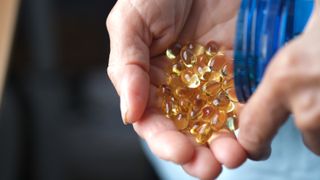Nutrition Science
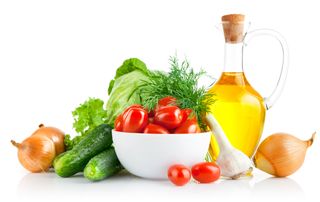
Eating well is becoming more and more of a science, with new research showing us which foods may lower our risk of disease, and which are increasingly pointed to as the culprits behind ill health. Researchers are looking to better understand how nutrients work in our bodies, with studies that analyze at the diets of people with heart disease, cancer, and other diseases, along with research aimed at helping people to lose weight, or maintain weight loss. From all this research, new advice constantly emerges for people who are dieting, or want to eat more healthfully. With news, features and reference pages, we will provide science-supported tips for improving your nutrition.
Latest about Food & Diet
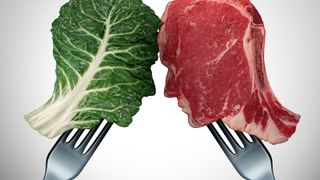
Why does meat have more protein than vegetables?
By Marilyn Perkins published
The biological needs of plants and animals affect their cells' protein content, but the story goes deeper than that.
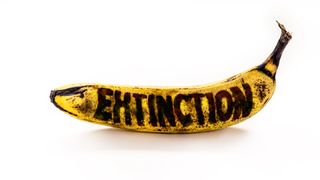
'Banana apocalypse' could be averted thanks to genetic breakthrough
By Patrick Pester published
Fusarium wilt is threatening the global supply of bananas, but researchers might have found a way to control the disease.

What are ultraprocessed foods?
By Christoph Schwaiger published
Ultraprocessed foods have been tied to various health risks — but what are they, exactly?
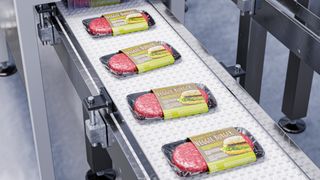
Does fake meat cause heart disease? Here's what the science actually says.
By Lori Youmshajekian published
A recent study found that eating ultraprocessed plant-based foods was linked to heart attack and stroke risk. But the devil is in the details.
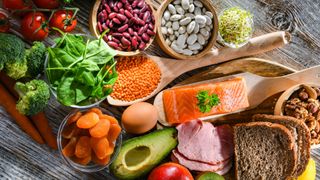
'We've always been omnivores': Why 'meatfluencers' are wrong about what our ancestors ate
By Kate Wong published
Nutrition influencers claim we should eat meat-heavy diets like our ancestors did. But our ancestors didn't actually eat that way

What is brominated vegetable oil, and why did the FDA ban it in food?
By Nicoletta Lanese published
The FDA will no longer allow BVO in food due to safety concerns revealed in studies.

8-hour intermittent fasting tied to 90% higher risk of cardiovascular death, early data hint
By Kelly Carroll published
A study followed participants for about eight years and found an increased risk of death in those who practiced intermittent fasting. But more data is needed.

PFAS 'forever chemicals' to officially be removed from food packaging, FDA says
By Emily Cooke published
New food packaging products sold in the U.S., such as takeout boxes and fast-food wrappers, will no longer contain harmful "forever chemicals" known as PFAS.
Sign up for the Live Science daily newsletter now
Get the world’s most fascinating discoveries delivered straight to your inbox.

